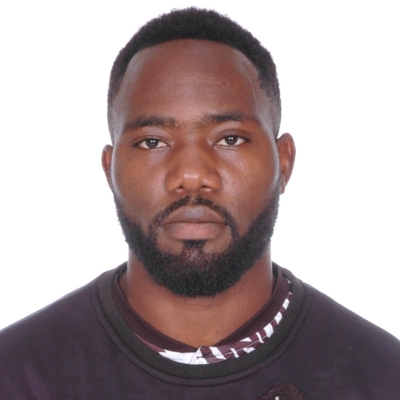
Overview of Senegal
Senegal gains its strength from a strong entrepreneurial culture, an established framework for startups, the existence of public-private partnerships and well-utilized incubators at state universities. Senegal’s startup ecosystem is, however, plagued by high rates of pollution, a highly informal economy, difficulty in accessing finance and funding, low female participation and high costs of living.
The cornerstone of the Senegalese ecosystem is undoubtedly the Senegalese Startup Act of 2019. Being the first country in West Africa to have initiated these sets of policies, they may act as a blueprint for other countries in the region as a tool for startup growth and general economic development.
Senegal is not one coherent country, but composed of several startup ecosystems. Several of them are featured in our SFI, while each is distinct offering differing strengths and weaknesses:
- Dakar is the city with the highest concentration of startups, SMEs and startup activities. It is the primary hub for the country and the most promising ecosystem.
- Bambey is located in one of the poorest regions of the country but a promising ecosystem is emerging. It has a relatively new university, albeit yet without an incubator.
- Saint-Louis shines as a cultural city with rich heritage from French colonial rule but also coupled with many advantages for investors such as its massive primary industry (agriculture and farming), the low cost of living and the most competitive talent pool of the country.
- Ziguinchor is a town facing rapid urbanization and a high presence of agro-farming activities.
- Finally, Thiès holds steady as the most industrialized city of the country having experienced a rapid growth in recent years.
Although there is much work to be done to build a conducive and resilient startup ecosystem, there is significant progress and a drive towards growth in Senegal. Next, we make some recommendations to get there.

Policy Recommendations
Incentives to create a startup
More should be done to empower microfinance institutions in Senegal as they play an important role in funding startups and SMEs. Incentives like tax cuts and subsidies would entice more would-be entrepreneurs who are in need of financial support to get started.
More targeted programs for human capital
The government should consider developing more programs that target technical skills which will improve the general talent pool. At the same time, it should create programs that will improve startup design and methodology. Programs should also target students of lower school ages and should equip them with problem solving skills, entrepreneurship methodology, and leadership skills.
Address informality
The high rate of informality is a major problem. At 97%, the highly informal economy is correlated with low productivity, low tax revenues, high poverty rates and income inequality. This is because the informal economy tends to employ lower-skilled and ‘less productive’ workers. Reducing the informality would mean improving skilled labor and tax revenues as well as boosting productivity. Several ways have been identified by the World Bank and International Labour Organization to reduce informality levels. These include: improving labor market governance and commercial legislation; improving general working conditions; facilitating legal protection, legal literacy and capacity building; promoting decent job creation through Employment Intensive Investment Programmes and promoting access to social financial services.
Encourage a culture of market research and product-market fit
This enables entrepreneurs to have the right market information and knowledge before starting up. This is important because entrepreneurs understand the real challenges faced and what is needed to fix them. With adequate information on hand, they can design products that will be successful in the economy.
Improving the general infrastructure should be a top priority
The government should foster policies that improve information and communication technologies, as well as utilities and transport in general, thereby making them accessible and affordable.
Addressing pollution
This will also be essential not just for the general public health but also for the goal of attracting domestic and foreign talent. Pollution from air and water in Senegal is still a heavy burden to the public as it is related to 19.9% of the death toll and decreases the GDP productivity by 1.4%. The government should consider monitoring rapidly growing industrial sites to limit their emissions, initiate regular water and urban sanitation, improve industry and community/municipal waste management systems, support local CO2 compensation programs, invest in energy-efficient power generation (green energy) and build safe and affordable public transport systems with cycle-friendly networks.




